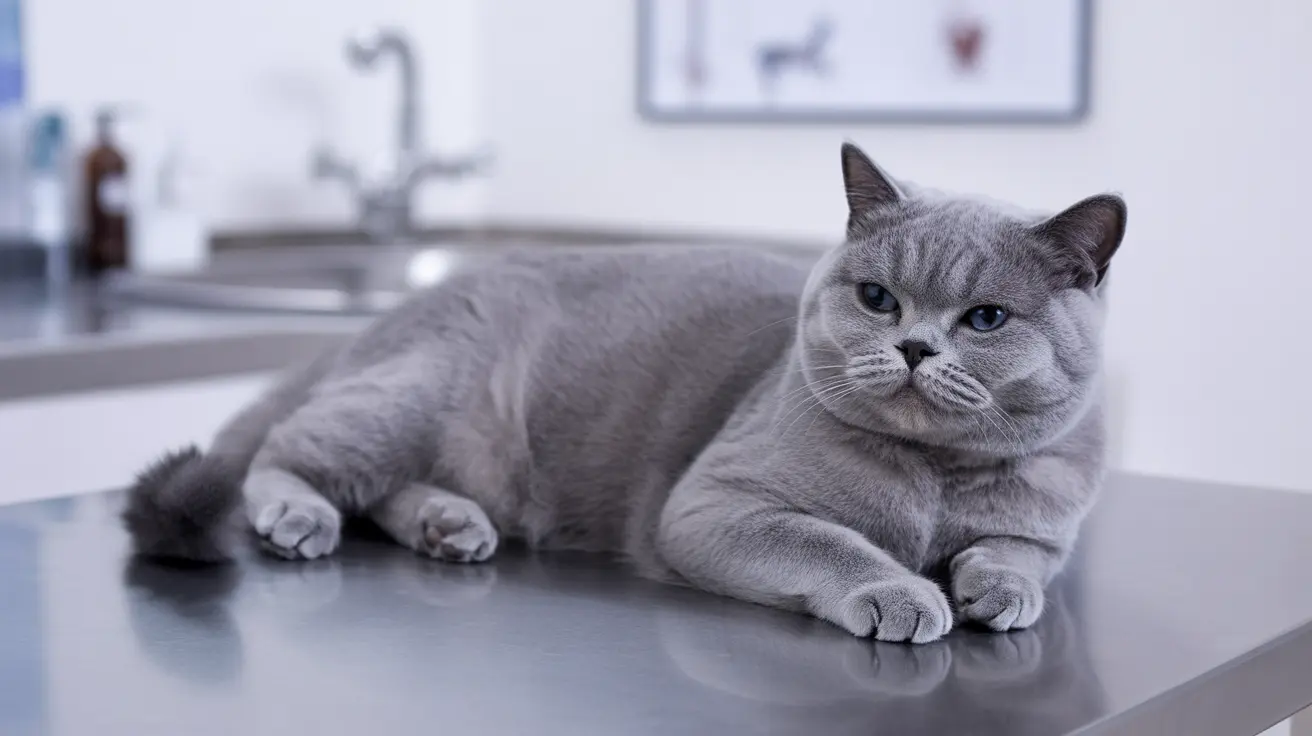Common Causes of Cat Miscarriage
Feline miscarriage can occur due to multiple factors, ranging from infections to environmental stressors:
Viral and Bacterial Infections
Common viral infections like feline leukemia virus (FeLV), feline immunodeficiency virus (FIV), and feline herpesvirus can lead to pregnancy loss. Bacterial infections, particularly chlamydia, also pose significant risks.
Hormonal and Medical Conditions
Low progesterone levels, thyroid problems, and diabetes can interfere with pregnancy maintenance. These underlying conditions often require ongoing medical management to prevent future pregnancy losses.
Environmental and Physical Factors
Trauma, extreme stress, exposure to toxins, and nutritional deficiencies can all contribute to miscarriage. Ensuring a safe, calm environment and proper nutrition is essential for pregnant cats.
Recognizing Signs of Miscarriage
Physical Symptoms
Key indicators of miscarriage include abnormal vaginal discharge (which may be brown, green, or black), fever, lethargy, and loss of appetite. Some cats may show signs of abdominal pain or discomfort.
Behavioral Changes
Affected cats might become withdrawn, show signs of distress, or display unusual behaviors. These changes often precede physical symptoms and shouldn't be ignored.
Diagnosis and Veterinary Care
If you suspect your cat is experiencing a miscarriage, immediate veterinary attention is crucial. Veterinarians typically use:
- Ultrasound imaging to confirm pregnancy status
- Blood tests to check for infections and hormonal imbalances
- Physical examination to assess overall health
- Diagnostic imaging to check for retained tissue
Treatment and Recovery
Treatment approaches vary depending on the cause and stage of pregnancy loss:
Medical Intervention
Veterinarians may prescribe antibiotics for infections, hormonal supplements for imbalances, or medications to help expel retained tissue. In some cases, surgery might be necessary.
Supportive Care
Recovery requires a quiet, comfortable environment, proper nutrition, and close monitoring. Some cats may need fluid therapy or additional supportive treatments.
Prevention Strategies
While not all miscarriages are preventable, several steps can reduce risks:
- Regular veterinary check-ups during pregnancy
- Maintaining proper vaccination schedules
- Providing high-quality nutrition
- Creating a stress-free environment
- Avoiding exposure to known toxins and infections
Frequently Asked Questions
What are the most common signs and symptoms of cat miscarriage?
The most common signs include abnormal vaginal discharge, fever, lethargy, loss of appetite, and behavioral changes. Some cats may show signs of abdominal pain or distress.
What causes miscarriage in cats, and can it be prevented?
Common causes include viral and bacterial infections, hormonal imbalances, trauma, and environmental stressors. While not all miscarriages can be prevented, maintaining good health care, proper nutrition, and a safe environment can reduce risks.
Should I take my cat to the vet if I suspect a miscarriage, and what will the vet do?
Yes, immediate veterinary care is essential. Your vet will perform physical examinations, ultrasound imaging, and possibly blood tests to confirm the miscarriage and determine its cause. They will then develop an appropriate treatment plan.
How can I care for my cat at home after she has had a miscarriage?
Provide a quiet, comfortable recovery space, ensure proper nutrition and hydration, and follow all veterinary instructions carefully. Monitor for any continuing symptoms or behavioral changes.
Can a cat have healthy pregnancies after a miscarriage, and what should I watch out for?
Many cats can have successful pregnancies after a miscarriage, especially if the underlying cause is identified and addressed. Work closely with your veterinarian to monitor future pregnancies and address any potential risk factors.
Understanding and recognizing the signs of cat miscarriage can help ensure prompt veterinary care when needed. With proper medical attention and supportive care, many cats recover well and can go on to have successful pregnancies in the future.






